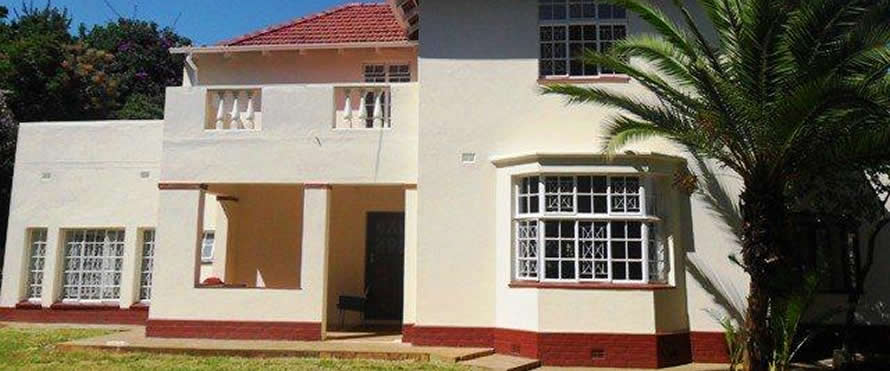
The Sunday Mail

 Business Reporter
Business Reporter
UNSUSTAINABLE high tenant default rates are now taking a toll on the property sector.
Tenants are currently battling to meet their rental obligations, leading to arrears that have affected business.A 2013 Africa report by property firm Knight Frank, including Zimre Property Investments (ZPI)’s financial results for the year ending December 2013, show that the trend is now affecting rental revenue growth. The Knight Frank report notes that property investment activity continues to be restricted, while default rates remain high in the industrial market.
“The take-up of office space has been poor as a result of the depressed economic climate in Zimbabwe. Occupiers are struggling to meet rent and service charges, and the levels of arrears are generally high. Voids have increased, in some buildings to over 30 percent.
“More than a year after it came on stream, the 12 000 square metres of office space in the Joina City development in Harare remains over 50 percent unoccupied.
“Retail space remains in high demand, both in the CBD and suburban locations. There has been an uplift in retail prime rents for new lettings in Harare of about 60 percent during 2012, but the sustainability of the achieved rents is doubtful in an environment of weak consumer spending.
“Demand for industrial space has reduced in recent years, as Zimbabwe has become more of a consumer of imported goods than a manufacturing country.
“Void rates are increasing and rents are depressed. Tenant viability is questionable in the current difficult economy, putting at risk the security of income streams. Industrial investments are considered the least attractive of all sectors and the recent sales that have taken place have been entirely for owner-occupation,” observed the report
ZPI claims that it has had to increase its provision for doubtful debts as the market remained challenged.
“The liquidity constraints negatively affected rental revenue growth and collection, resulting in the continued rise in rental arrears and voids.
“Your company has therefore had to increase the provision for doubtful debtors to US$1,2 million from US$556 000 in 2012. Associated with the failure to pay for occupied space was a significant increase in portfolio voids due to tenant business failures.
“The void rate rose from 10,9 percent in December 2012 to 14 percent in December 2013,” said the company in a statement accompanying its year-end financials.
MMC Capital also indicated that pressure will continue to mount on the property sector as long as funding of the economy remains an issue.
Statistics from the Estate Agent Council of Zimbabwe show that defaults in the property sector have risen to around 60 percent this year, compared to rates of between 10 and 20 percent previously and the quality of tenants in properties across the country has gone down as most were failing to honour their rental obligations.
Evictions, as a result, have been on the increase, with big corporates either scaling down or closing shop.
The Affirmative Action Group last year led a campaign against high rental fees, with their biggest target being properties owned by Old Mutual.



